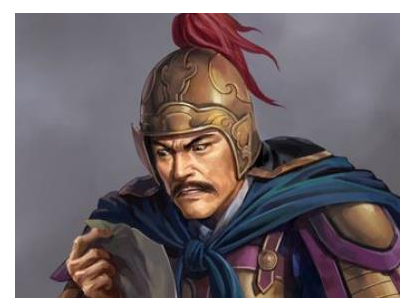The Western Jin Dynasty, as an important dynasty in Chinese history, successfully ended the divided situation during the Three Kingdoms period and re-established national unity. However, despite its significant position in history, the Western Jin Dynasty has received relatively little attention and importance from later generations. So, why was the Western Jin Dynasty able to end the troubled times of the Three Kingdoms? And why didn't later generations value this period?

1. Reasons for the End of the Three Kingdoms by the Western Jin Dynasty
The Western Jin Dynasty was able to end the troubled times of the Three Kingdoms mainly due to its strong political and military strength. Before Sima Yan established the Western Jin Dynasty, the Cao Wei had already basically unified the northern region, forming a relatively stable political situation. At the same time, the Western Jin Dynasty implemented a series of effective policies and strategies, such as allying with the Eastern Wu to attack the Shu Han, and adopting the diplomatic strategy of "winning people with morality", gradually weakening the strength of the other two countries. Finally, under the leadership of Sima Yan, the Western Jin Dynasty successfully defeated the Eastern Wu, ending the divided situation of the Three Kingdoms period.
2. Reasons for the Neglect of the Western Jin Dynasty by Later Generations
Despite its important position in history, the Western Jin Dynasty has received relatively little attention and importance from later generations, mainly due to the following reasons:
a. Transitional Nature of Historical Status: Although the Western Jin Dynasty ended the divided situation of the Three Kingdoms, its unified period was relatively short, lasting only more than 50 years. Therefore, in the long history, the Western Jin Dynasty is regarded as a transitional dynasty with a relatively weak historical status.
b. Political Turmoil and Ethnic Integration: Although the Western Jin Dynasty achieved national unity, political turmoil continued during its rule, and internal contradictions intensified. At the same time, due to the need for ethnic integration, the development of the Western Jin Dynasty in culture and society was relatively lagging behind, and it failed to form unique cultural characteristics.
c. Comparison with Other Dynasties: In Chinese history, many dynasties have achieved brilliant achievements, such as the Han Dynasty and the Tang Dynasty. In contrast, the achievements of the Western Jin Dynasty in politics, economy, and culture are relatively weak, so later generations have paid relatively little attention to it.
3. Conclusion
Overall, the Western Jin Dynasty was able to end the troubled times of the Three Kingdoms mainly due to its strong political and military strength, as well as a series of effective policies and strategies. However, due to factors such as the transitional nature of its historical status, political turmoil and ethnic integration issues, and comparison with other dynasties, later generations have paid relatively little attention to the Western Jin Dynasty. Nevertheless, regardless of this, the Western Jin Dynasty still holds an important position and contribution in Chinese history that cannot be ignored.
Disclaimer: The above content is sourced from the internet and the copyright belongs to the original author. If there is any infringement of your original copyright, please inform us and we will delete the relevant content as soon as possible.































